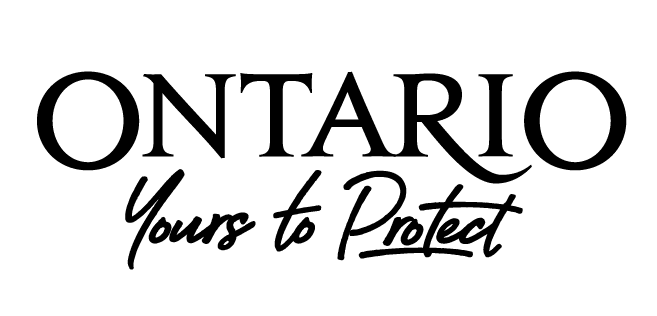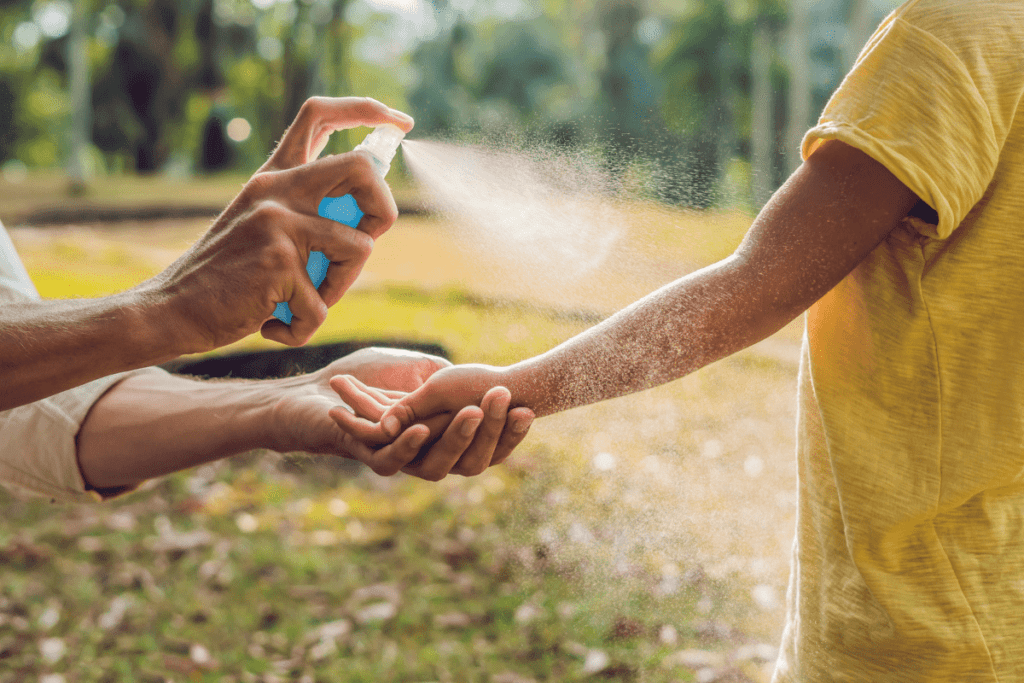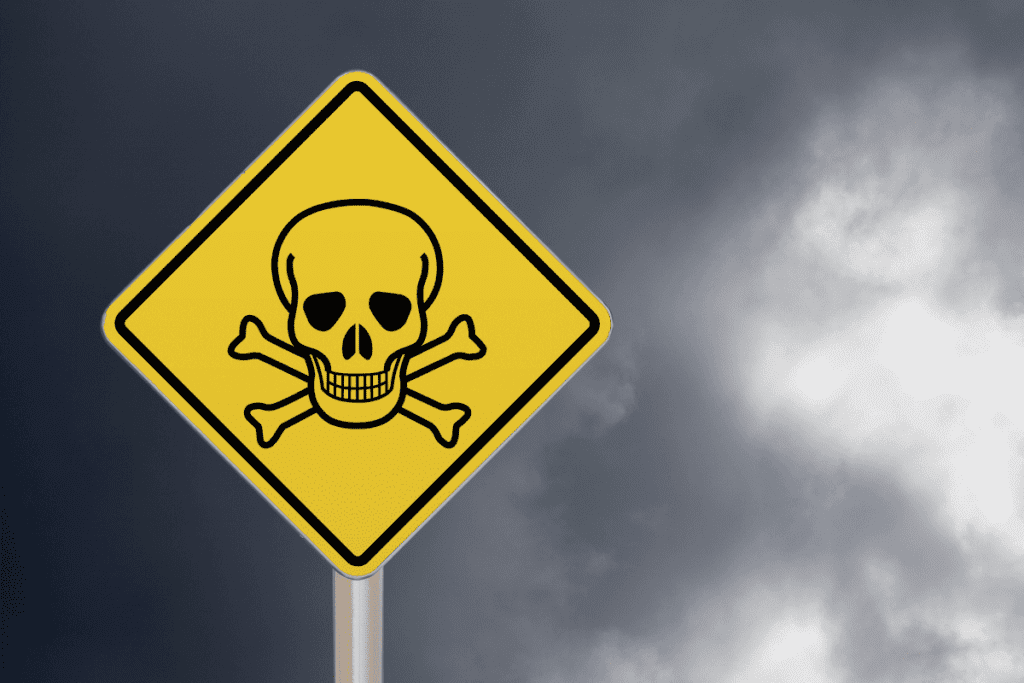Did you know that scientists have found millions—yes, millions—of small plastic beads in just one square kilometre of parts of the Great Lakes?
They’re called “microbeads” and over the past few years a number of companies decided to start adding them to their cosmetic products. Sometimes they are supposed to help exfoliate the skin (and are used in place of natural exfoliants such as ground nuts or seeds). Sometimes they are just added to make the product sparkle. But the results are the same—these tiny bits of plastic slip right through our wastewater treatment filters and end up in our rivers and lakes and sometimes ingested by the fish and wildlife that live there.
There’s growing momentum south of the border to get microbeads out of products. Last year, Illinois was the first state to pass legislation that would outright ban the sale of personal care products that contain microbeads. Since then, more states are jumping on-board. A ban is looking promising in Indiana and lawmakers in Minnesota, Wisconsin, Vermont, Maine, California, New York, Ohio and Washington State have also considered, or are considering, new laws banning the beads.
Canada should follow suit. These beads are wreaking havoc on our waters. The plastics absorb dangerous chemicals and are often ingested by fish and other wildlife, causing DNA damage and even death. The link between the problem and its cause is clear: the beads found in the Great Lakes were tested and were found to have come from products like body wash, toothpaste, and facial cleansers.
And in this case, we know how to stop further damage. That’s why we think the Government of Canada should enforce a ban on microbeads.
You can help by supporting efforts to phase-out synthetic microbeads to keep plastics out of waterways. Please send a letter to the federal government asking them to ban microbeads in Canada. Also, refuse to purchase products with microbeads—look at the ingredient list and avoid any personal care products that contain polyethylene (PE), polypropylene (PP), polyethylene terephthalate (PET), polymethyl methacrylate (PMMA) and nylon. Instead, choose products that use readily available natural alternatives such as ground almonds, cocoa beans, oatmeal, and pumice.
Also, be sure to sign up for our water e-newsletter, where we will keep you posted on any further action to eliminate microbeads from our ecosystems.









